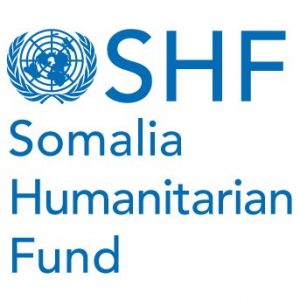Over two million Somalis are currently displaced from their homes due to armed conflict, violence, and natural disasters. A majority of those displaced live in informal settlements with very limited access to information and basic services. In the Nugaal region, in northern Somalia, ACTED is working to ensure displaced individuals can easily access fundamental information and hold aid agencies and local government to account.
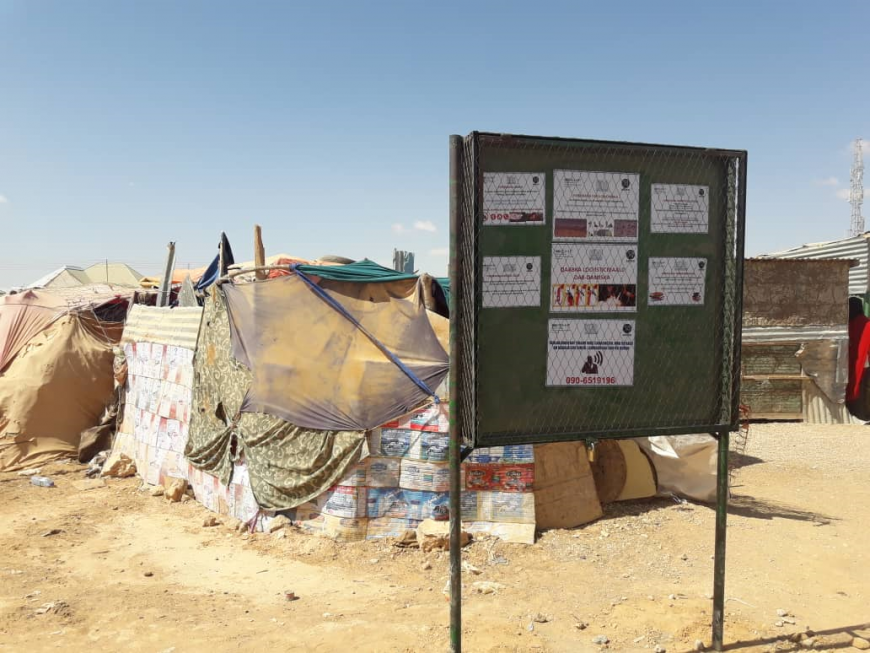
ACTED enjoys a management role across 24 displacement sites
In 2018, ACTED became responsible for the management of IDP sites in Garowe and Burtinle Districts, in the Nugaal region.
ACTED is working to improve coordination among the many actors responsible for service provision, partly through professionalizing the management of information and boosting the quality and variety of services from which displaced persons can benefit.
Examples of ACTED’s work so far also includes the installation of solar lights to improve levels of personal safety within the camp, the creation of embankments to prevent flooding and the rehabilitation of community centres.
In total, ACTED now operates in 24 IDP sites in the Nugaal region, serving over 46,000 people.
Mobile Response Teams
Through the use of Mobile Response Teams (MRTs), ACTED is able to quickly move staff between all 24 displacements sites on a reactive basis. The team conducts essential outreach activities to develop strong working relationships with displaced families, local authorities and other NGO partners. Much of the team’s role centers on listening to the needs and concerns of displaced persons and reporting these messages back to humanitarian actors to ensure that they are prioritized.
As another means of directly reaching these communities, ACTED created information boards in all 24 sites to advertise: meetings, GBV messaging, fire prevention messages, and the phone number of the Complaints Feedback Mechanism (CFM).
ACTED integrates a CFM into all programming, providing a direct and simple pathway through which individuals can raise their concerns relating to service provision to help humanitarian actors identify gaps which need addressing.
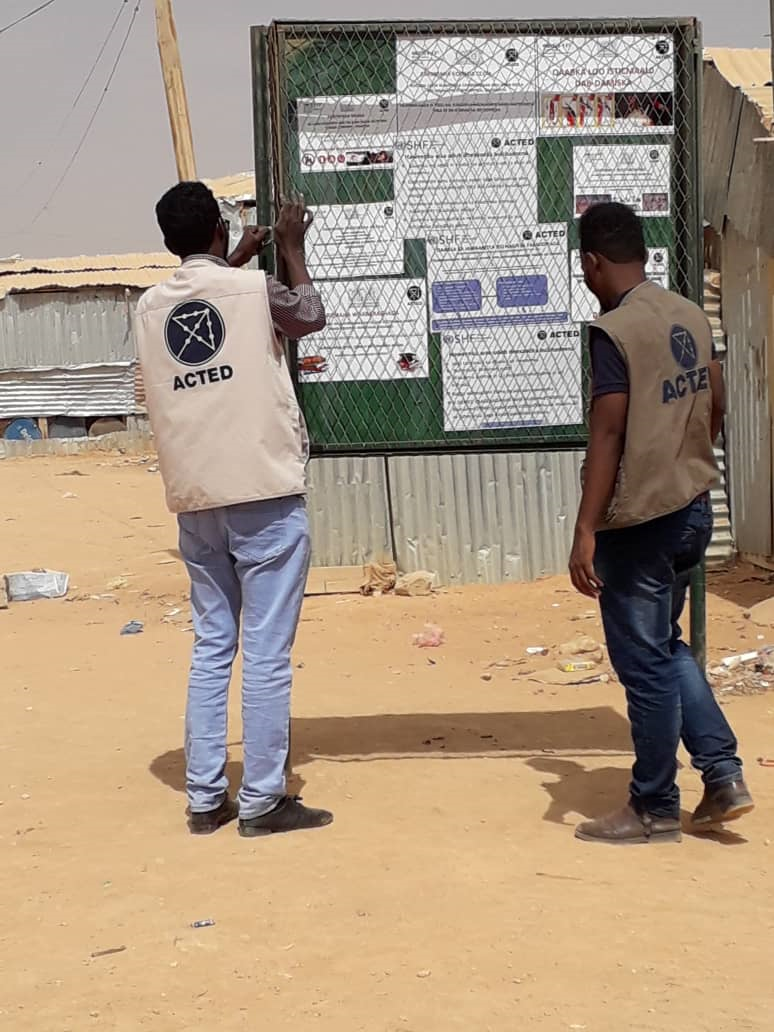
For the five years I have lived in this settlement, we have never seen such information boards installed in the sites. ACTED has literally brought information to our doorstep.
Establishing committees to ensure accountability and improve living standards
ACTED staff also work closely with Camp Management Committees (CMCs), the membership of which are comprised of camp residents and act as advocates for the concerns of those displaced. CMSs represent the primary interface between the IDP population and humanitarian actors.
Muhubo, a mother of six living in Garowe , became a member of an CMC in 2018. As a member of the committee, ACTED provided Muhubo with trainings on: site management, gender based violence, conflict resolution, fire prevention measures and leadership.
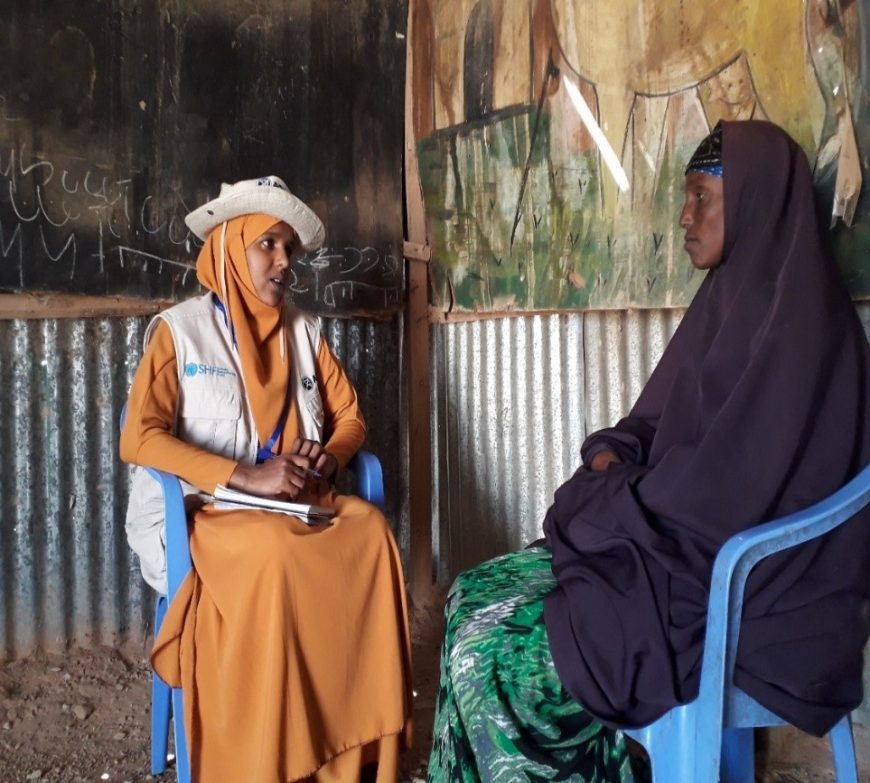
In an effort to improve site safety and protection standards for the IDP population, ACTED created Site Maintenance Committees (SMCs) whose primary function is to conduct small-scale site maintenance activities. Given the high number of people using site infrastructures such as latrines and hand washing stations, such efforts are essential to maintain hygiene standards. ACTED donated a range of tools to the SMCs (including wheelbarrows and spades) to allow them to carry out site updates and infrastructure improvements.
Through the capacity building sessions, ACTED ensures that knowledge remains in the community beyond the timeline of the intervention, meaning the positive outcome achieved are able to take root and grow at the behest of the target communities.
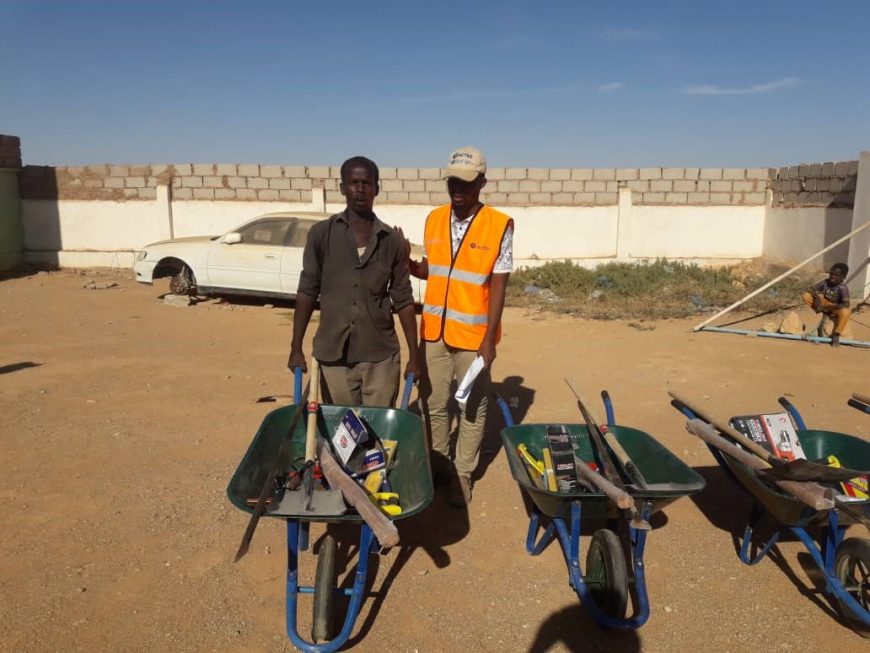
The training provided helped us serve our community better than we previously did. I can say that truly; this has touched our lives.
This project was made possible through the support of the Somalia Humanitarian Fund (SHF-OCHA).
